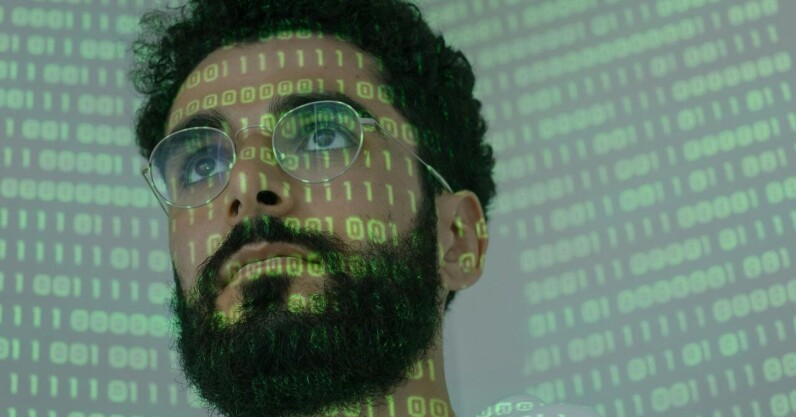Reading List
The most recent articles from a list of feeds I subscribe to.
Startup wisdom: Why resilience is the most underrated metric in startup success

Startup wisdom is a new TNW series offering practical lessons from experts who’ve helped build great companies. This week, global traction strategist Nina Aziz Justin — founder of The Resilience Mentor — shares her approach to building resilience. In the startup world, we’re taught to obsess over metrics. Burn rate, CAC, MRR — they dominate the dashboards and drive the decisions. And yes, data matters. But there’s something quietly more essential that rarely gets the same spotlight: resilience. This piece offers a balanced perspective — one that holds space for both sides. While execution metrics are essential for traction and…
This story continues at The Next Web
Europe’s AI boom is leaving femtech behind

Left unchecked, Europe’s narrow focus on AI investment will come at the health of half its population. As venture capital floods disproportionately into the AI sector, women’s health innovation — the definition of essential infrastructure — is once again left fighting for scraps. In 2021, global femtech investment peaked at €1.89bn before plunging to just €1.1bn the next year, amid a tech funding apocalypse and capital making a headlong dash towards AI. Several factors contributed to this decline — broader market conditions, withering investor risk appetite, and natural sector maturation. But the surge in AI funding coinciding with a plunge…
This story continues at The Next Web
Founders’ takes: Why we need European AI employees

Founders’ takes is a new series featuring expert insights from tech leaders transforming industries with artificial intelligence. In this edition, Lucas Spreiter, founder of German startup Venta AI, shares his vision of AI employees. Artificial intelligence is about to enable the most dramatic shift of the century: the transition from human labour to AI labour. In the coming years, businesses won’t just use AI as a tool — they’ll employ AI as real colleagues, handling critical workflows end-to-end. That shift is inevitable. The real question is: whose employees will we be hiring? If Europe doesn’t catch up with the US and…
This story continues at The Next Web
Big business can still innovate — by adding startup leaders to the C-suite

Startups love hiring big business leaders into advisory and C-suite roles. These hires solve a common issue: as startups grow and look to compete with incumbents, they need some corporate talent to see them over the line. But big, established businesses have a different common issue. They’re too big, too established, and being outcompeted by the very companies that are hiring their talent. Right now, it’s the hare and the tortoise — but slow and steady isn’t winning the race this time. Established businesses need to take a page out of the startup playbook and hire for the C-suite from…
This story continues at The Next Web
Startup wisdom: How to break the cycle of meeting hangovers

Startup wisdom is a new TNW series offering practical lessons from experts who’ve helped build great companies. This week, Vivian Acquah, a certified inclusion strategist, workshop facilitator, and founder of Amplify DEI, shares her tips on ending meeting hangovers. So, you’re a leader. Your leadership involves managing a team while having both a defined direction and multiple essential goals that need completion. Your goal is to plan effectively and empower your team to achieve high performance. The truth is that team leadership extends beyond goal achievement. Leaders must handle the complex interpersonal situations that emerge when working with people. The speed…
This story continues at The Next Web